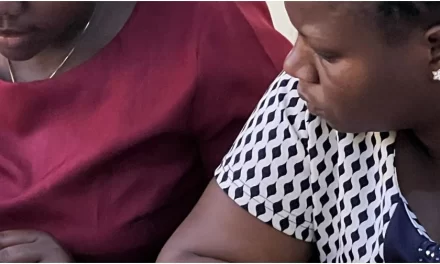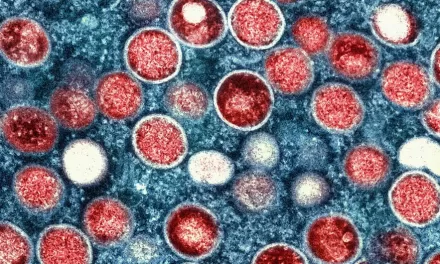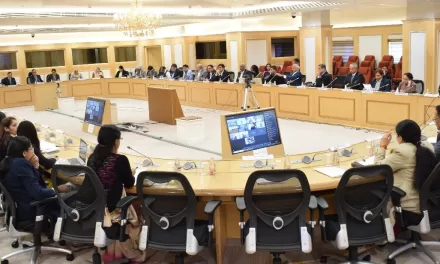New Delhi: Amidst India’s growing tobacco crisis, where an estimated four in ten households face smoking addiction, a new report has revealed that 65% of healthcare professionals in India are urging the integration of safer tobacco alternatives to save lives. Released on Friday, this significant finding is part of a recent study by the Doctors Against Addiction (DAAD), in collaboration with Saizen Global Insights and Consulting.
The DAAD survey reveals a noteworthy shift among healthcare professionals, with a majority supporting the use of safer cessation alternatives, such as nicotine replacement therapies and heat-not-burn products, as part of smoking cessation initiatives. Doctors emphasized, however, that continued research is needed to evaluate the efficacy and safety of these alternatives.
This call for alternative measures underscores India’s urgent struggle with tobacco addiction, a public health crisis responsible for over 930,000 deaths each year — equating to an alarming rate of more than 2,500 lives lost daily to smoking-related diseases.
“Tobacco addiction is India’s most pressing public health challenge. To combat this, we must prioritize scientifically permitted alternatives for tobacco cessation. As healthcare professionals, guiding patients toward safer options is crucial to saving lives and mitigating tobacco’s devastating impact,” said Dr. Mohsin Wali, Padma Shri Awardee and Senior Consultant at Sir Ganga Ram Hospital.
Dr. Manish Sharma, Chief Coordinator of DAAD, echoed the concern, describing the tobacco crisis as a “national emergency” that requires immediate intervention. “While innovative cessation technologies have potential, concerns remain over the lack of structured support for transitioning to novel, safer alternatives. Urgent statutory recommendations of scientifically-proven cessation solutions are essential,” he added.
The survey, which included responses from 300 healthcare professionals, sheds light on several obstacles to smoking cessation in India. Over 70% of doctors cited the severity of addiction and low motivation among patients as major barriers, while 60% pointed to a lack of cessation resources. Furthermore, the study highlights gaps in follow-up care, as only 7.4% of healthcare providers consistently offer cessation advice, and just 56.4% arrange follow-up consultations.
Dr. Pawan Gupta, Senior Consultant in Pulmonary Medicine at BLK-MAX Super Specialty Hospital, New Delhi, highlighted the importance of incorporating novel alternatives into public health strategies: “Tobacco addiction needs multifaceted solutions. The rise of safer novel alternative products for cessation provides an opportunity to rethink our strategies. By integrating these cessation strategies and enhancing public knowledge through digital platforms and resources, we can drastically improve our intervention outcomes.”
The findings underscore the need for urgent policy reforms, increased public awareness, and the integration of modern cessation technologies to support the millions grappling with tobacco addiction in India.












